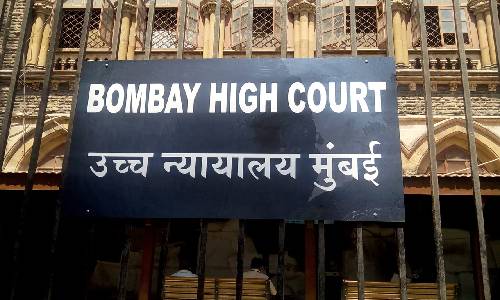
The Bombay High Court in Suresh @ Pintya Kashinath Kamble v/s The State of Maharashtra sentenced a convict to undergo a jail term of 10 years i.e., one-half of life imprisonment under the POCSO Act.
The facts, in brief, are that the Registry of this Court received a letter dated 2.8.2022 sent by the Superintendent, Kolhapur Central Prison. It was mentioned in the letter that this Court has sentenced the appellant to suffer half of life imprisonment, and he could not understand exactly how much sentence the appellant has to undergo. The Jail Superintendent has specifically sought directions in the form of guidance as to how many years the appellant has to be detained in the prison to serve his sentence.
The Court observed that the wording ‘life imprisonment has not been defined in the POCSO Act. Therefore, the meaning has to be derived from the Indian Penal Code. It further stated that “When it is mentioned that it should be one-half of the life imprisonment then the exact meaning will have to be found from IPC and there IPC provides the answer under Section 57, which reads thus :
“57. Fractions of terms of Punishment.-- In calculating fractions of terms of punishment, imprisonment for life shall be reckoned as equivalent to imprisonment for twenty years.”
Hence, the Court categorically concluded by stating that “This section leaves no scope of doubt, ambiguity or confusion as to how the term should be calculated when the accused is sentenced to suffer half of the life imprisonment. It provides that in such case when the fractions of imprisonment for life is to be calculated then life imprisonment should be reckoned as equivalent to imprisonment for twenty years. Thus, half of life imprisonment in such cases would mean imprisonment for ten years.”
This issue has also been clarified previously in the judgment titled Chandrakant Vithal Pawar Vs. The state of Maharashtra 2011 SCC OnLine Bom 1731.

